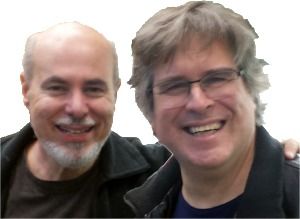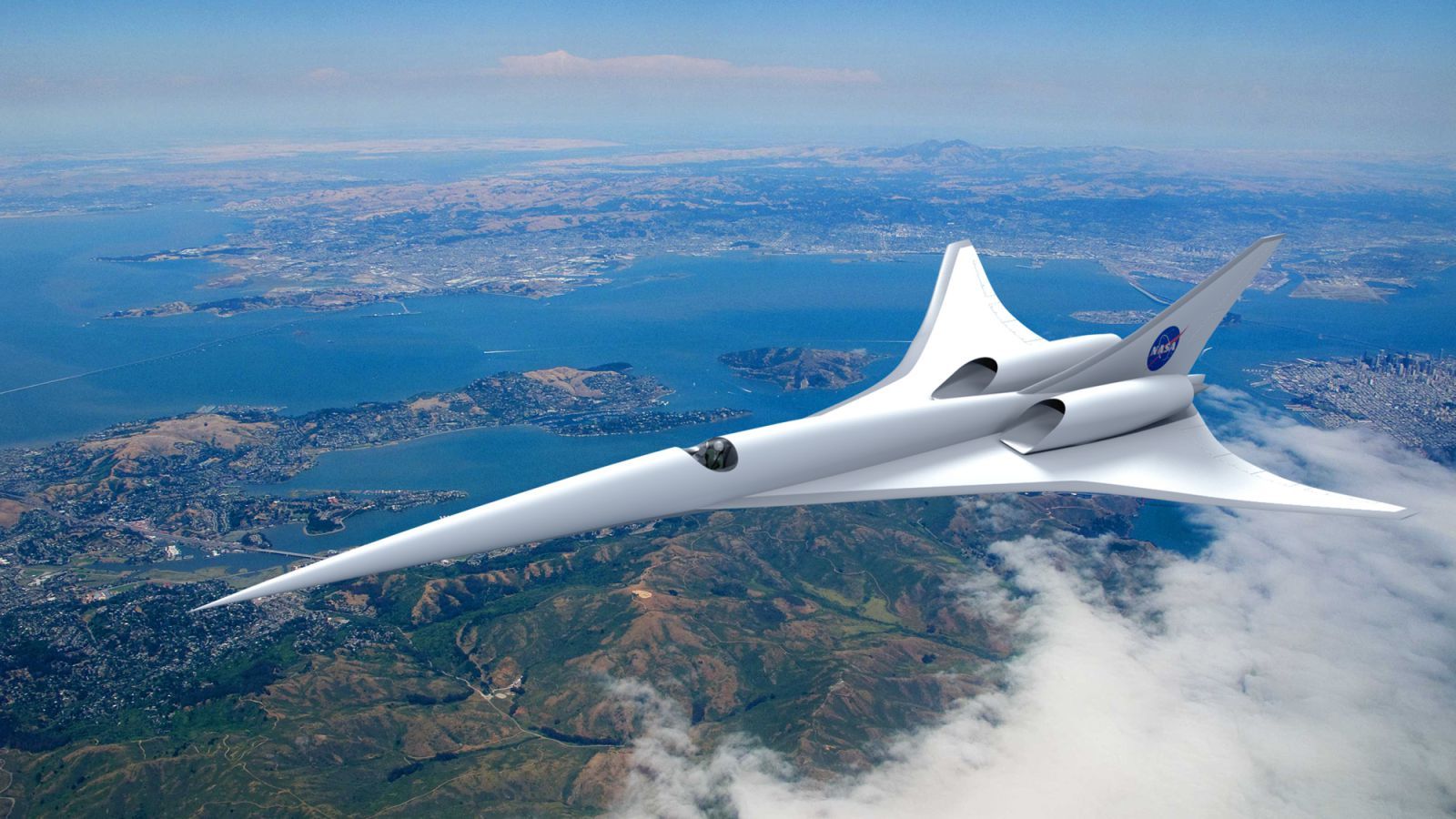When I was a freshman at Cornell University some decades ago, I had a memorable teaching assistant for CS100, the entry level computer programming course taken by nearly every student in Engineering or Arts & Sciences. Gilles Brassard, a French Canadian, is now a chaired math professor at Université de Montréal and a preeminent cryptographer. He has also been inducted into the Royal Order of Canada. I am told that this is a bit like being knighted. In fact, this highest of civilian honors was established by Queen Elizabeth.

The author with Gilles Brassard in 2014
Gilles was a graduate student at Cornell in the mid ’70s. Back then, public key encryption was a radical concept. Named for three MIT professors who described it, RSA is now it is at the heart of every secure Internet transaction. Yet, the new generation of cryptographers refers to RSA as “classical cryptography”. The radicals have moved on to Quantum Cryptography. Gilles and his collaborator, Charles Bennett, are the pioneers and leaders in this burgeoning field. No one else is even pretender to the throne.
In its simplest terms, quantum cryptography achieves a secure communication channel because it relies on a stream of individual particles or “quanta” to convey information. If information is sent without any fat at all—just the minimum physics that can support the entropy—then any eavesdropping or rerouting of a message can be detected by the recipient. Voila! Perfect authentication, fidelity and security. Communication is secure because any attack can be detected.
Continue reading “Quantum Entanglement: EPR Paradox” »

















